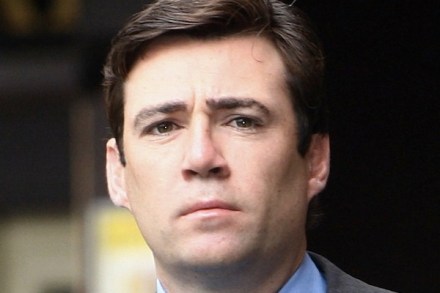Can Jeremy Hunt make the Tories the patients’ party?
What to do about Ukip is dominating the conversation on the fringe and in the conference bars here in Manchester. But Ukip is only part of the challenge for the Tories. At the next election, they need to hold onto their 2010 supporters and—if they are to win a majority—take votes off Labour. The Tories will only be able to do that if they can reassure these voters on the cost of living and public services. So, this week we’ll see the Tories trying to underscore their commitment to the NHS. There’s already been the cancer drugs fund announcement and Jeremy Hunt will, as I said in the Mail on


















